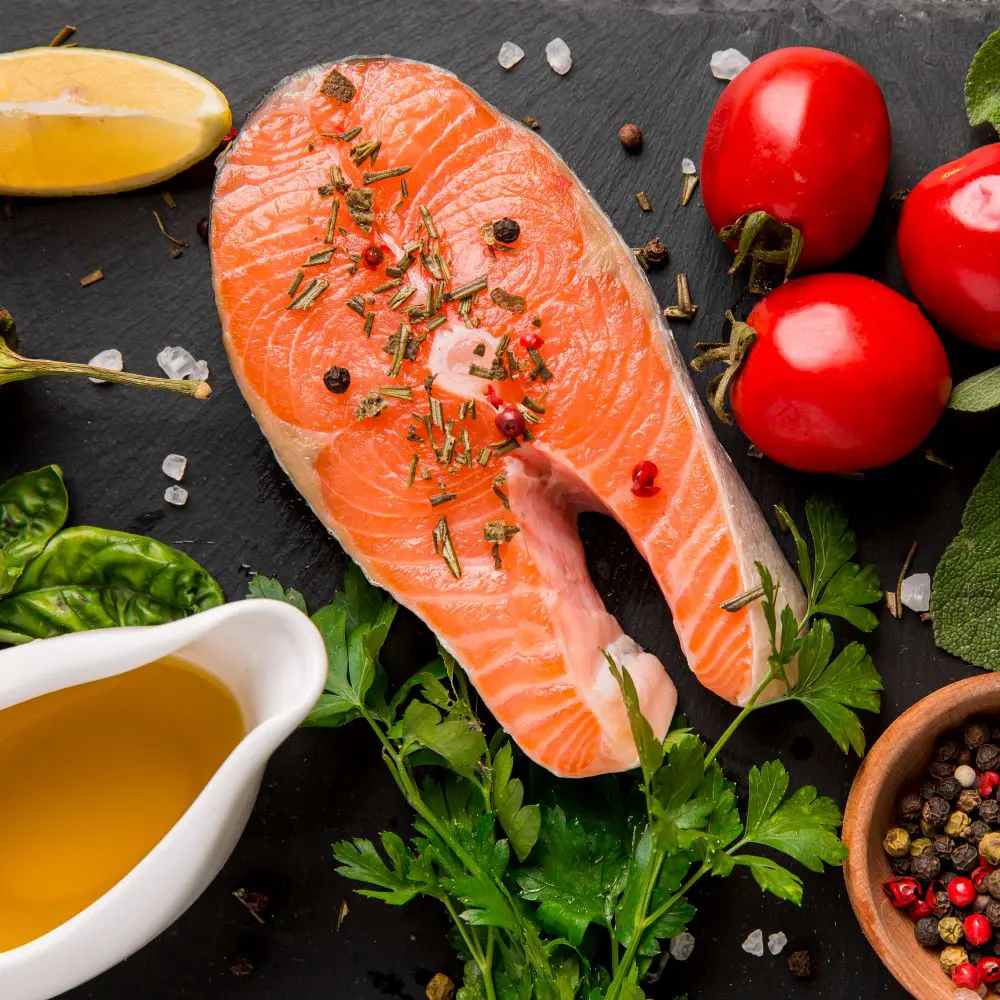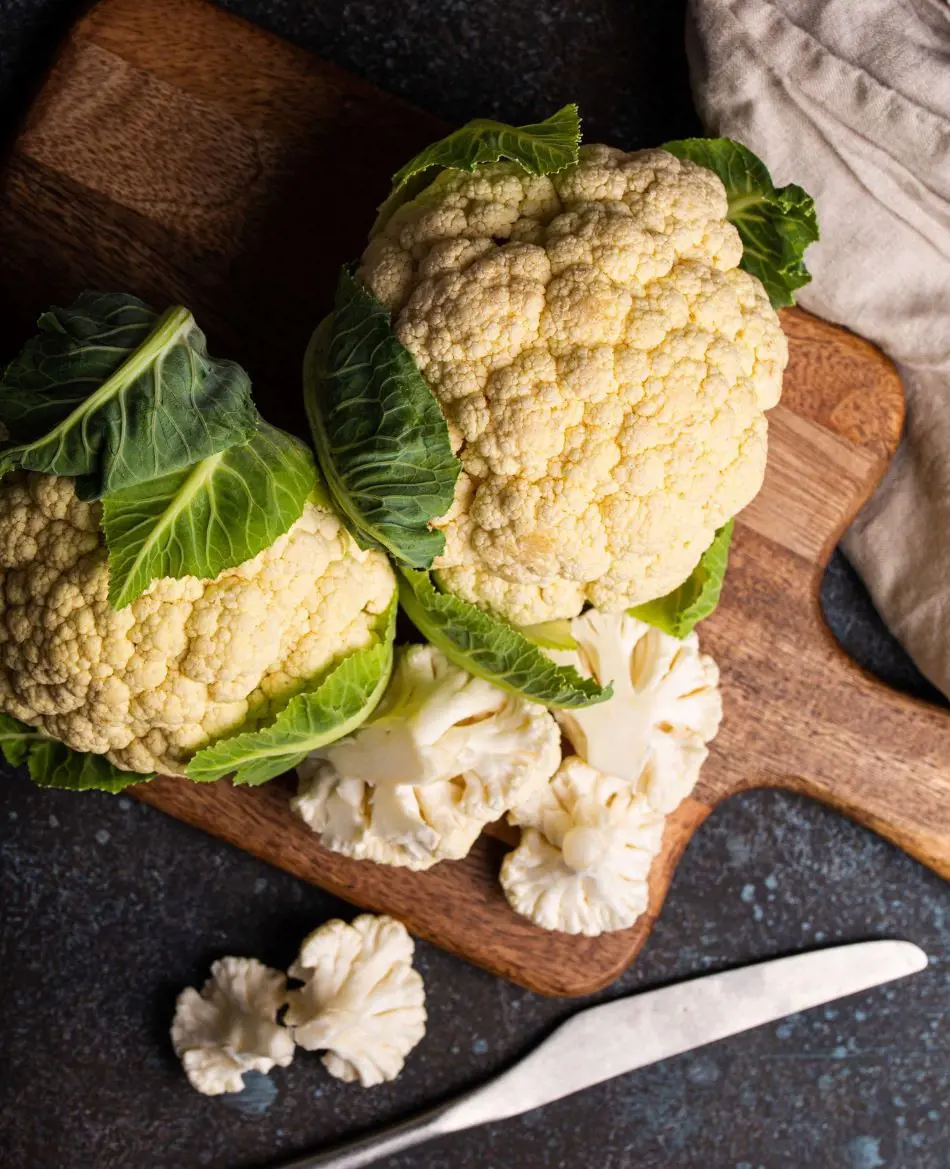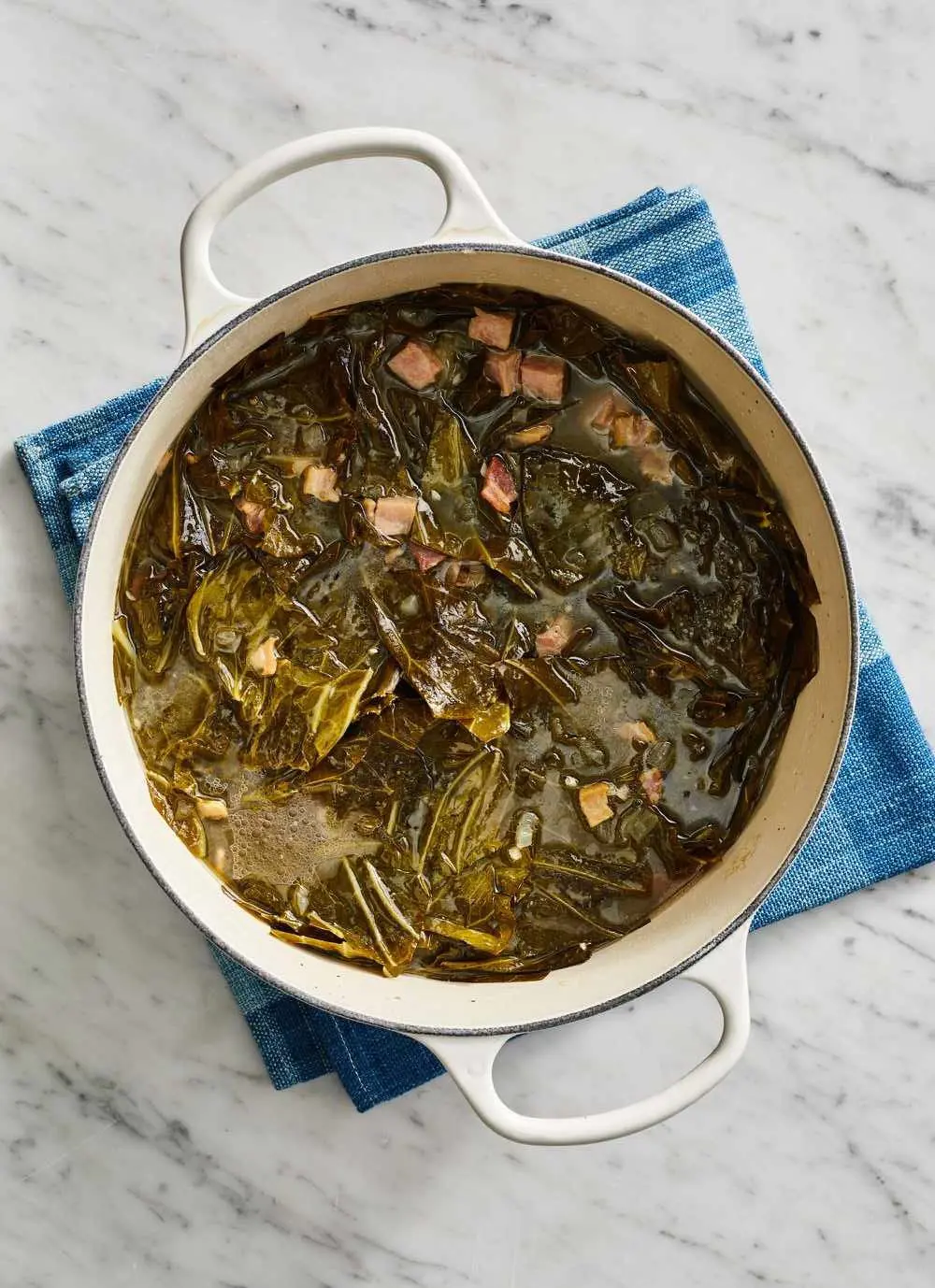Is Goat Milk Good For You? 10 Benefits and Nutrition Facts
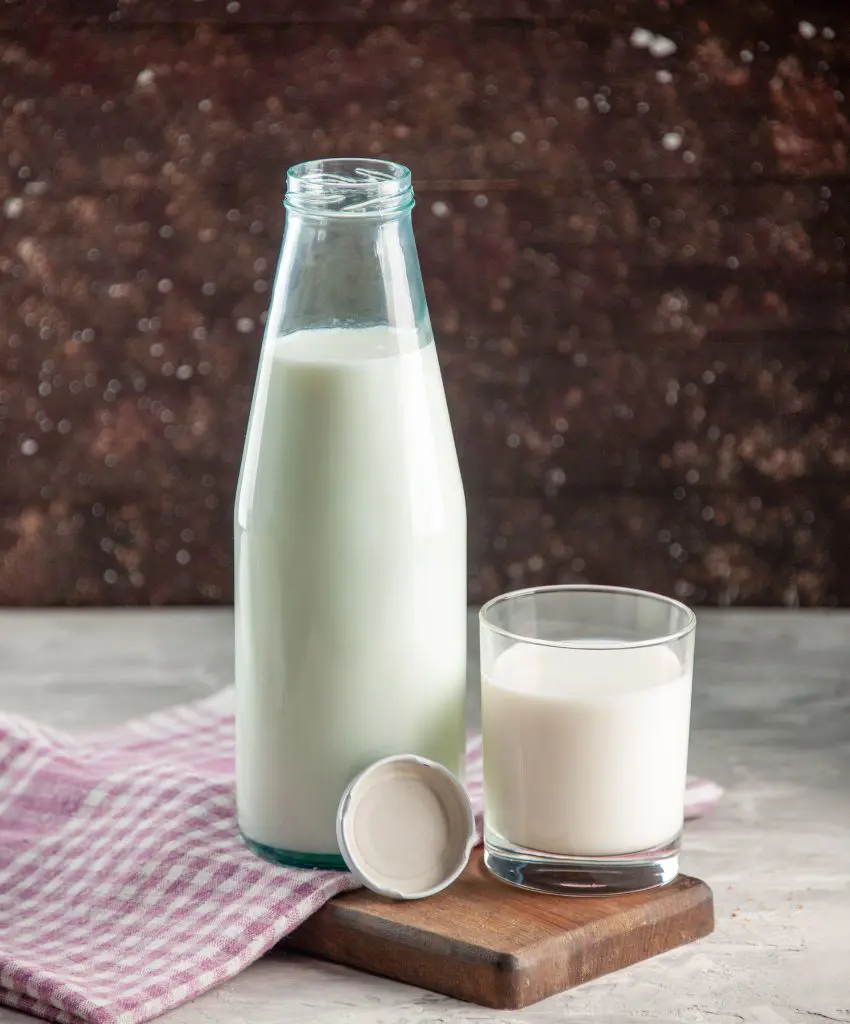
Goat milk, one of the most commonly consumed dairy has been a popular alternative in many households today. This is due to the thicker and creamier texture and unique health advantages that goat milk offers.
It is rich in protein, fat, calcium, and vitamin D-all those things which our body needs. So, if you plan to include goat milk in your diet, here are some things that you should know about it.
Is Goat Milk Good For You?
Goat milk offers several health benefits. It's rich in nutrients that support bone health and may be better for your cholesterol and blood pressure than cow's milk.
The fats in goat milk are often easier to digest, especially for people with certain digestive disorders. While goat milk does contain lactose and isn't suitable for those with lactose intolerance, it has some unique properties.
Compared to cow's milk, goat milk has more short and medium-chain fatty acids, which the body can digest more quickly. It also has smaller fat globules, making it even easier to digest.
You can use goat milk in many ways, just like regular milk. Try it in your coffee, cook with it, or use it to make dairy products like yogurt, cheese, and ice cream. It's also great in recipes for dishes like mac and cheese, pancakes, biscuits, soups, and sauces.
Health Benefits Of Goat Milk
With research indicating several benefits of drinking goat milk, this can be a great addition to your diet. Here we take a look at some goat milk benefits that work magic in our bodies:
1. Promotes Bone Health
The nutrient composition of goat milk includes calcium, vitamin D, and phosphorus. These are a major source of ailment that are important in maintaining your bones.
Calcium present in this milk plays a vital role in building up bones, strengthens them, and hence reduces the risk of osteoporosis & fractures. Phosphorus also contributes to the enhancement of its density in conjunction with calcium in the human body.
The consumption of goat milk also helps in enhancing the bones of children and maintaining bone mass in adults and therefore is very important for children and adults for the improvement of bone health.
2. Rich In Protein
The protein content of goat milk is higher than other variations such as cow milk, soy milk, or nut milk. The protein in this milk is more easily absorbed in your body than other kinds of protein due to its higher digestibility.
Furthermore, the protein composition in milk is A2 casein, and because of this goat milk resembles human breast milk. In addition, it contains all the essential amino acids to promote good health to the consumer.
Moreover, since the amino acids found in milk are easy to digest, the body can use them properly for muscle tissue synthesis, immune system support, and cell regeneration.
3. Rich Source Of Calcium
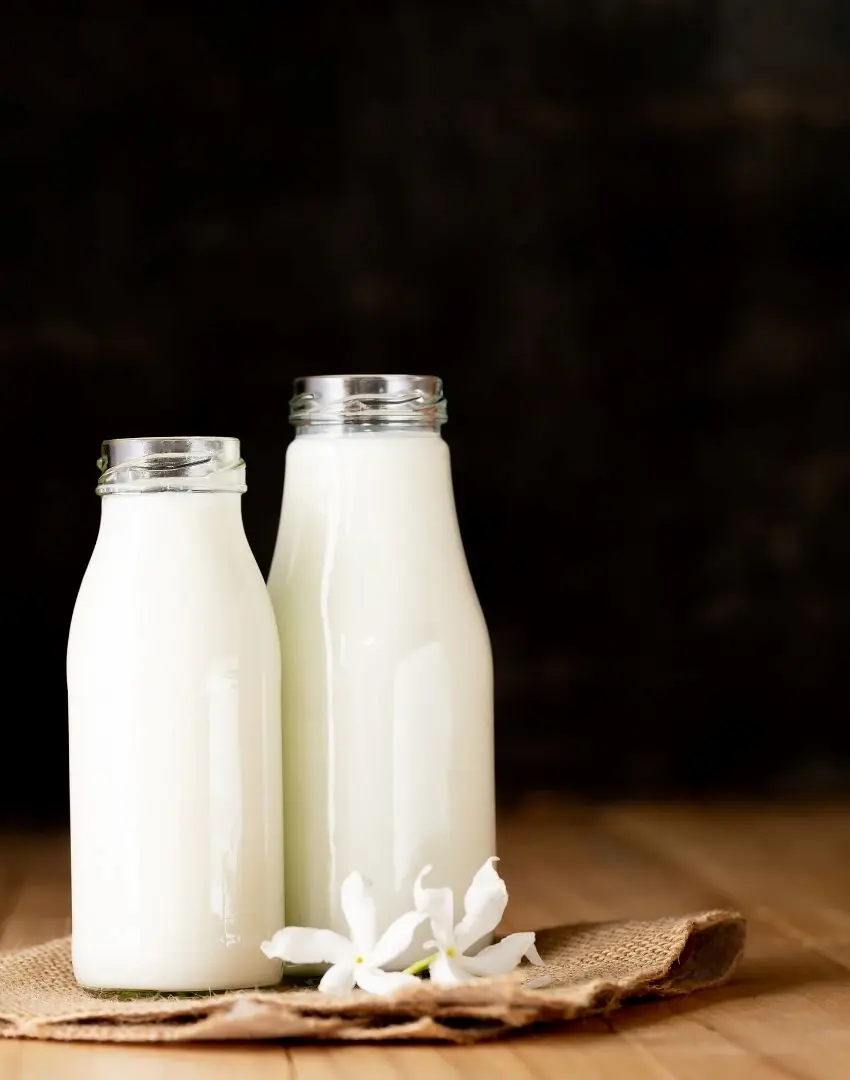
Goat milk contains a significant amount of calcium, ie, 33% of the daily recommended value which is higher in comparison to cow's milk.
Calcium in goat milk is important in bone formation and also helps in muscle contraction, nerve transmission, and blood coagulation. Goat milk contains calcium which is not only easily absorbed in the body but is also utilized well in the body.
This makes it suitable to be used in providing the body with the recommended daily intake of calcium and at the same time being a boost to the overall body health and energy.
4. Provides Healthy Skin
The triglycerides and fatty acids in the goat’s milk make your insides as smooth as your outside. It can be used to help make your skin smooth since it has moisturizing properties.
Also, it is rich in vitamin A, which helps in making skin complexion better and fighting acne, besides skin health.
In addition, Lactic acid in goat milk softens your skin, making it smooth and thick by clearing the skin from dead skin cell debris. Furthermore, the skin’s pH and goat’s milk pH are similar.
Therefore, cleansing your face with goat milk will be beneficial especially if you are prone to skin complications such as psoriasis or eczema.
5. Promotes Healthy Heart

Goat milk contains Medium-chain fatty acids, which have been allied with a therapeutic effect on the heart. Antioxidants in this milk protect your heart through protection against oxidative damage to cells by free radicals.
MCFAs present in the goat's milk provide energy. MCFAs also tend to lower the bad cholesterol levels, LDL, and raise the good cholesterol level, HDL. This automatically lowers the risk of heart disease and improves heart health.
Besides, this milk contains a minimal quantity of the enzyme xanthine oxidase, which is considered responsible for causing heart problems if it enters the bloodstream.
6. Promotes Healthy Iron and Hemoglobin Levels
The iron, calcium, magnesium, and phosphorus in goat's milk are easily digestible nutrients. Since they get digested quickly, the body can engross these minerals easily.
The high absorption rates make this milk useful in the treatment of nutritional deficiencies like anemia and bone demineralization. The regular consumption of goat milk increases the utilization of iron in the body.
It also improves hemoglobin regeneration by adding goat's milk to one's diet. This is the reason goat milk is a good substitute to support the anemic condition of individuals and their levels of hemoglobin.
7. Manages Cholesterol Level
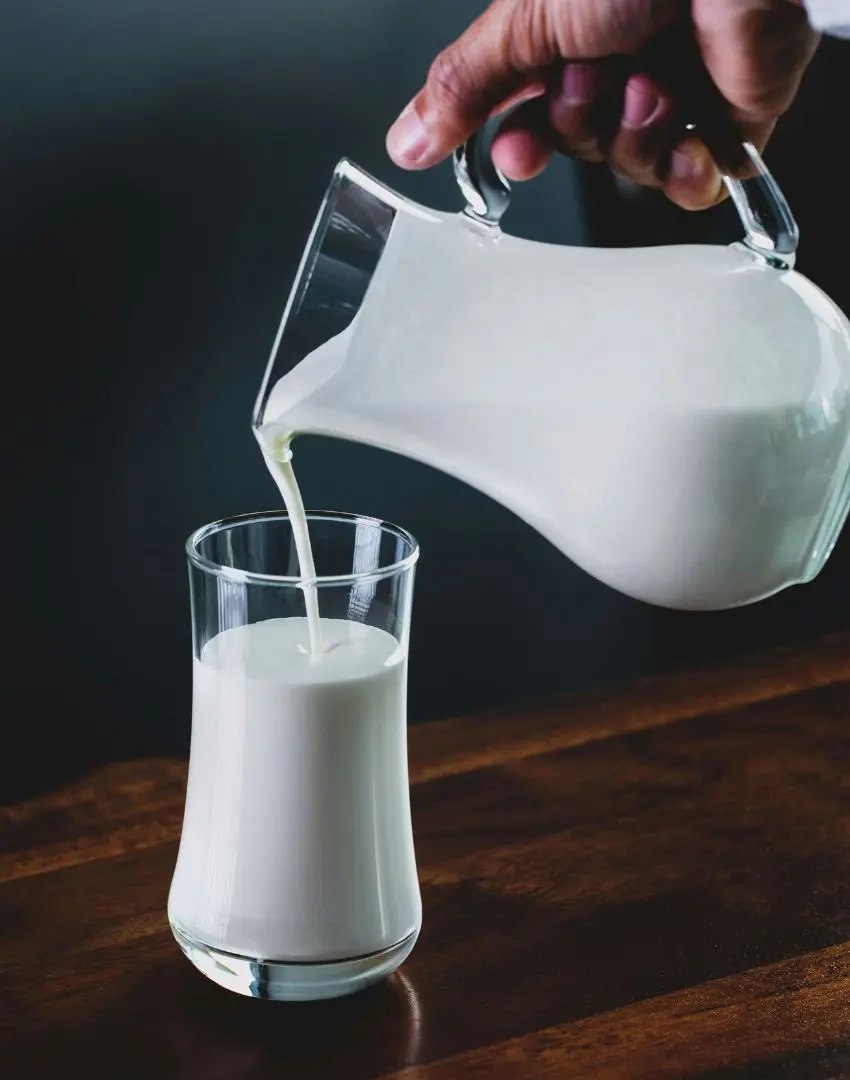
Several studies have described that the consumption of goat milk decreases the level of cholesterol in arteries and the gallbladder.
This variety of milk contains medium-chain fatty acids, which help keep cholesterol levels under control.
The helpful acids are practical for lowering total cholesterol levels, and Low-density lipoprotein, more commonly known as bad cholesterol, is responsible for heart-related diseases.
Besides, goat milk can increase high-density lipoprotein-good cholesterol that ensures the removal of cholesterol from one's blood. This kind of balanced cholesterol profile is good for the heart and lessens the risks of atherosclerosis.
8. Easier To Digest
Goat milk has a higher percentage of short and medium-chain fatty acids than cow's milk. These types of fatty acids are more easily digested compared to the long-chain ones.
Besides that, goat milk fat globules are smaller and further intensify the digestibility of this milk.
For this reason, goat milk can improve fat absorption in malabsorptive disease patients with illnesses such as gallstones, cystic fibrosis, steatorrhea, or intestinal resection, which would prevent malnutrition.
However, goat milk would not be considered perfect for people with lactose intolerance because it contains lactose.
9. Promotes Healthy Weight Gain

Because of its nutritional value, the milk obtained from the goat helps in gaining the right weight. It is also a good root of protein, healthy fats, vitamins, and minerals hence, helping one achieve a balanced diet.
Another boon of goat milk is, that it also contains protein which helps in building up and repairing muscle which contributes to weight gain.
Also, goat milk contains the right fats that can help provide energy for those who want to gain weight. If consumed in moderation and as a part of the regular diet plan, goat milk can be a useful source for weight gain in people.
10. Helps Prevent Milk Allergies In Kids

There are significant nutritional differences between goat and cow milk; however, children with cow milk allergy tolerate goat milk well. Goat milk contains different proteins when compared to cow milk, which makes it safe for consumption by persons with allergies.
Since goat milk is hypoallergenic, it means that children can enjoy milk that contains nutrients that are helpful to the body without any worry.
This makes goat milk an important option for parents who want to find an alternative for children with milk allergies, as they will be able to get all the nutrients without compromising health.
Goat Milk Nutrition Facts
When it comes to nutrition, goat milk stands out. An 8-ounce cup of goat milk contains:
- Calories: 168
- Fat: 10 grams (g)
- Sodium: 122 milligrams (mg)
- Carbohydrates: 11 grams (g)
- Protein: 9 grams (g)
- Potassium: 498 grams (g) or 11% of the DV
- Phosphorus: 271 milligrams (mg) or 22% of the DV
- Magnesium: 14 milligrams (mg) or 9% of the DV
- Calcium: 327 milligrams (mg) or 25% of the DV
- Vitamin A: 139 micrograms (mcg) retinol activity equivalents (RAE) or 15% of the DV
- Vitamin D: 3.2 micrograms (mcg) or 15% of the DV
Goat milk is an excellent source of the following minerals: potassium, phosphorus, and magnesium. These minerals are the key determinants for correct muscle contractions, nerve functions, and strong bones.
Working together, these vitamins and minerals work to stabilize blood pressure, reduce risks of stroke, and maintain cardiovascular health. It is also needed in energy metabolism, DNA synthesis, and tissue and cell repair.
Recent posts
Nutrition
Nutrition
Licorice Root: Benefits And Uses
You can spell it liquorice or licorice; this herb or root has been in use for centuries in most medicinal applications, as a natural sweetener and to enhance flavors. Regarding its origins, it comes from the root of the "Glycyrrhiza galbre" plant and...
Nutrition
Is Salmon Good For You? Nutritional Facts and Benefits
Salmon fish is a staple diet throughout the world, popular as a super food for its nutrients. Whether savored in sushi, poached, grilled, roasted, or pan-fried, salmon offers minerals and vitamins that contribute to healthy bodily functions. In addit...
Nutrition
25 Smoked Salmon Recipes That You Will Enjoy
Salmon is a silver-colored fish that is loaded with many nutrients, vitamins, and omega-3 fatty acids. Smoked Salmon is better for improving your health and reducing the risk of cancer, heart-related diseases, fights inflammation, reduces anxiety and...
Nutrition
Are Sausages Healthy? Nutrition And Health Benefits
Sausages are tasty in an addictive way, making them one of the most popular foods worldwide. You may have enjoyed this convenient food often, whether on a bun with mustard or grilled on a barbecue, the simple preparation methods are what makes its co...
Nutrition
20 Vegetables That Are Rich In Iron
Iron is essential for our bodies to function well. When we don't get enough iron, we often feel weak and tired. It's important to address iron deficiency early by eating the right foods. Fortunately, many vegetables are rich in iron and can help prev...
Nutrition
15 Cauliflower Nutrition Facts And Health Benefits
Cauliflower, a cruciferous vegetable, resembles a white variation of its relative, broccoli. Like broccoli, it has closely bunched florets attached to a thick core, often surrounded by a few leaves. While white is the most common color, cauliflower i...

